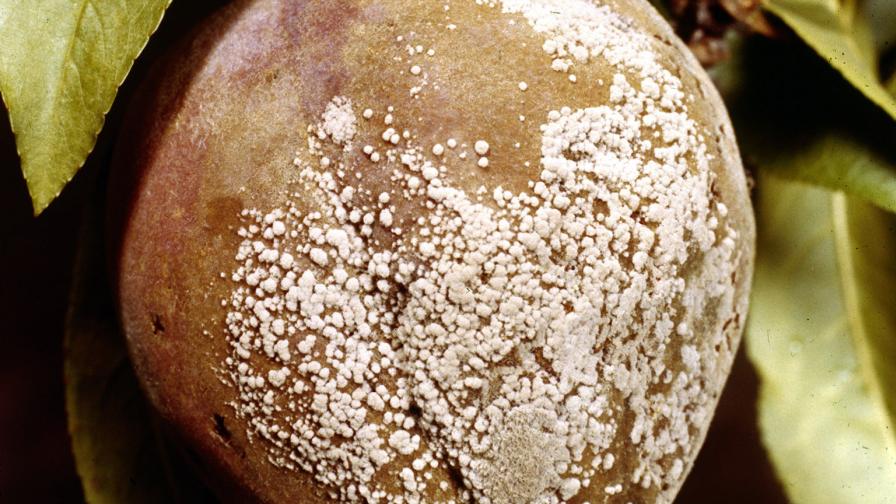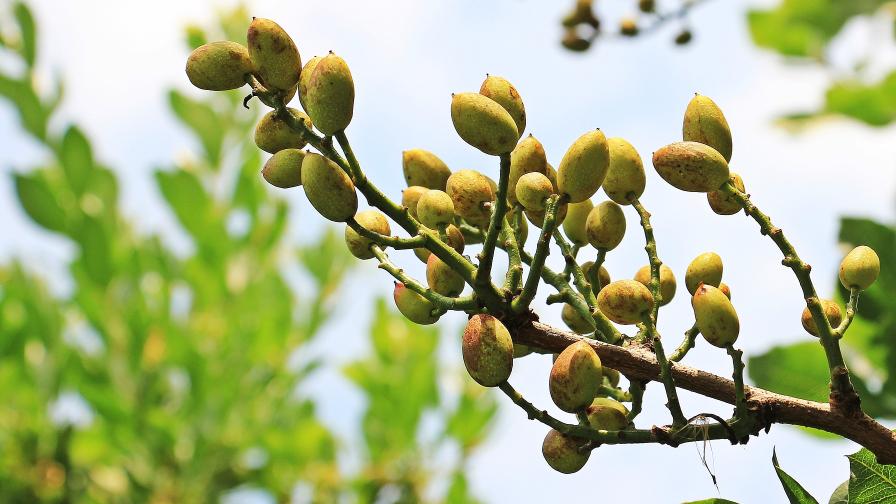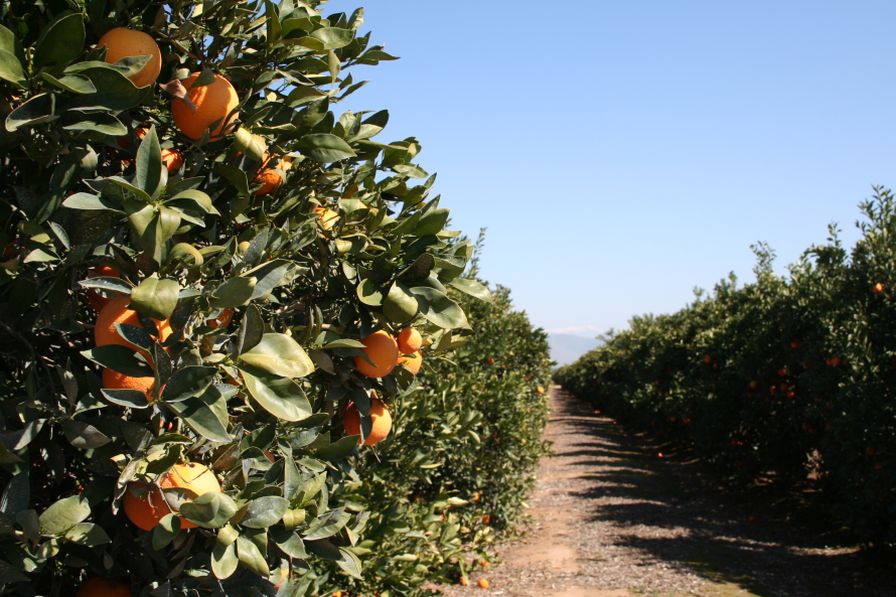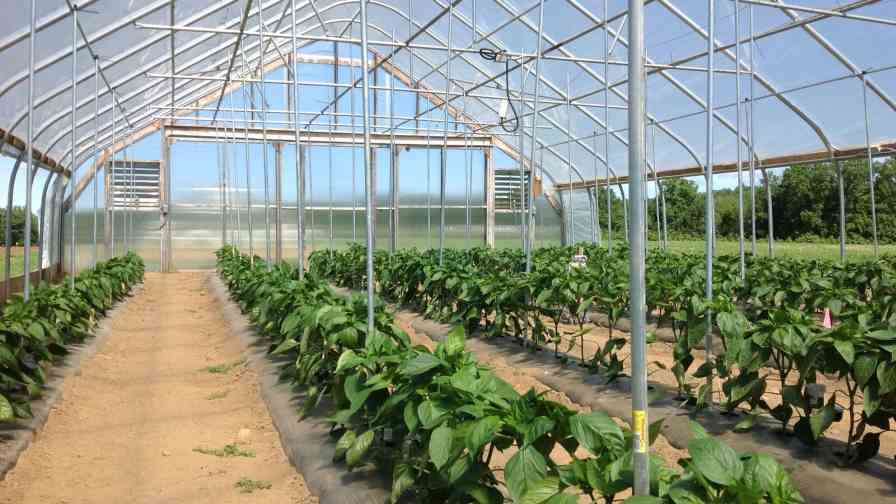Florida Sends Bees West As Pollination Crisis Nears
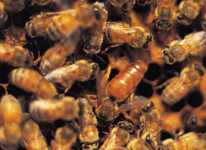
As almond trees begin to blossom in California’s San Joaquin and Sacramento valleys, Florida beekeepers loaded semi-trailers with bee colonies to help pollinate the 800,000 acres of groves, according to David Westervelt, Apiary Inspection assistant chief of the Florida Department of Agriculture and Consumer Services Division of Plant Industry (FDACS-DPI).
“California has only 500,000 colonies to pollinate almonds,” Westervelt said. “Florida beekeepers are sending 90,000 to 100,000 colonies. But it’s estimated about 1.6 million colonies are needed.” FDACS-DPI inspectors are certifying each truckload to meet California requirements. The possibility of transporting fire ants is a major concern.
California almond producers have paid Florida beekeepers for pollination services in previous years. This year the need has become more acute due to losses of bees over the winter. Some California bee keepers reported 90-100 percent of their colonies had died.
“Last year was not a good year for honey production in the U.S.,” said Extension apiculturist Eric Mussen of the UC Davis Department of Entomology, “and it could be one of the worst honey production years in the history of nation, although it’s been pretty rough in some of the previous years. Usually when we’re short of nectar, we’re short on pollen, and honey bees need both. So, 2012 was a bad year for bee nutrition.”
Growers pay well — an average of $150 but up to $220 per colony for pollination, but a good nut set also depends on mild, warm temperatures and relatively high humidity. By February 14 the average almond orchard in California is in full bloom, but some bloom earlier or later, depending on the cultivar and the weather. An almond orchard blooms for about two weeks,
After completing their pollination duties in California around March 15, most of the bees will return to Florida where their services are required by blueberry producers and other growers.
“Once they’ve returned to Florida, the bee keepers will begin moving their colonies steadily north as the weather gets warmer, pollinating crops along the way,” Westervelt said. “Florida beekeepers make a great contribution to U.S. agriculture, but the overall problem is, there just aren’t enough bees anywhere in the country.”




